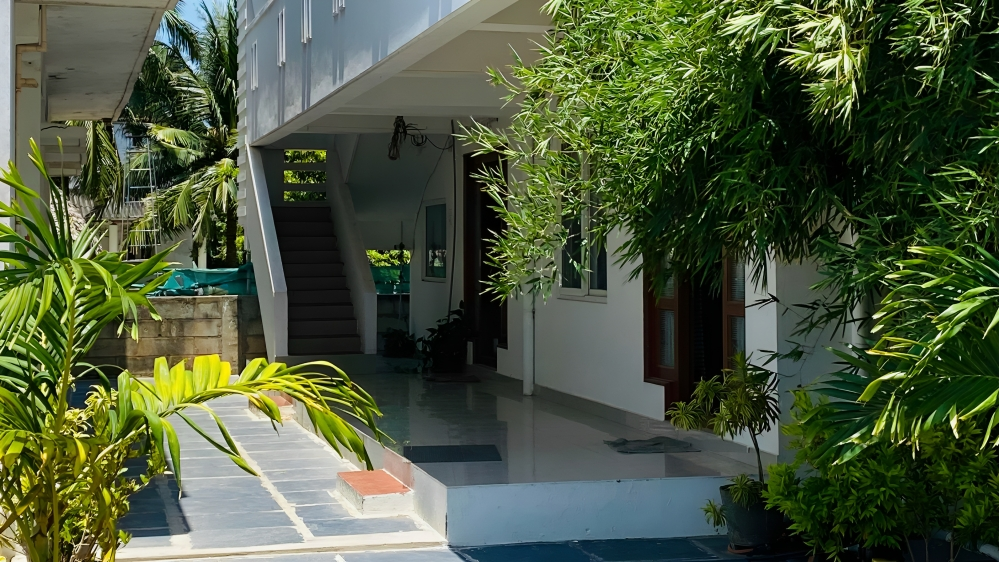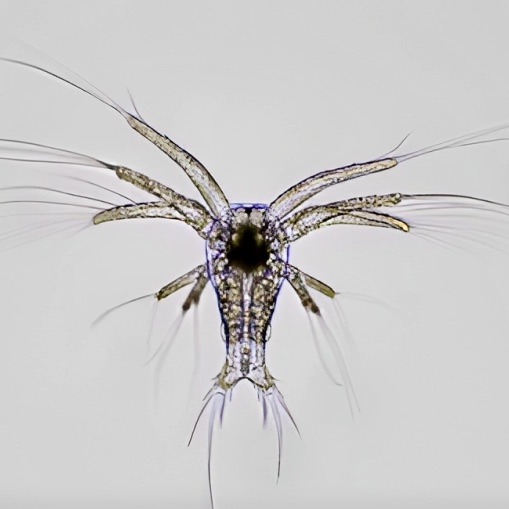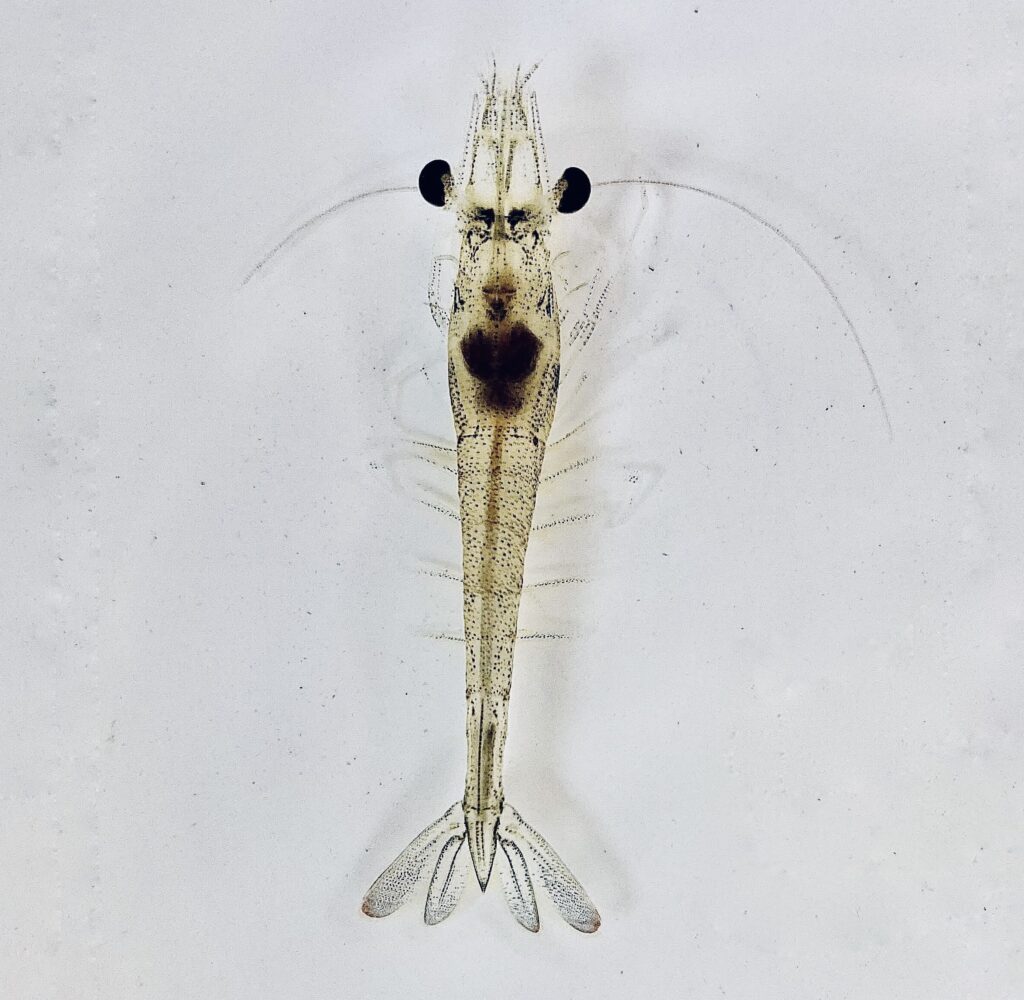
We've
Nauplius Shrimp
Begin your shrimp farming journey with our high-quality nauplius shrimp. These are the earliest, most delicate stages of shrimp development, carefully nurtured in our hatchery. As the foundation of your shrimp population, our nauplius shrimp promise healthy and robust growth, setting the stage for a successful aquaculture venture.

It has 4 stages of growth and the nauplii is shifted to the post larvae tanks once it’s in the stage 4 of nauplii (N4). The antennas and body structure of the Nauplii are observed under a microscope before shifting them to the Pl section tanks. The observation would help them determine if the animal was stressed while shifting and at times there might even be bacterial loads on surface of the nauplii. We examine the quality of the nauplii on regular basis to predict the efficiency of our seedling and thus appropriate changes are made to withhold the best quality of seed in the market.
PL, Post Larvae Shrimp
Ready to take your shrimp farming to the next level? Our PL (Post Larvae) shrimp are the ideal choice. These more advanced stages of shrimp development are hardier and more resilient, making them perfect for stocking your grow-out ponds or tanks. With our PL shrimp, you can be confident in achieving optimal growth and a bountiful harvest.
